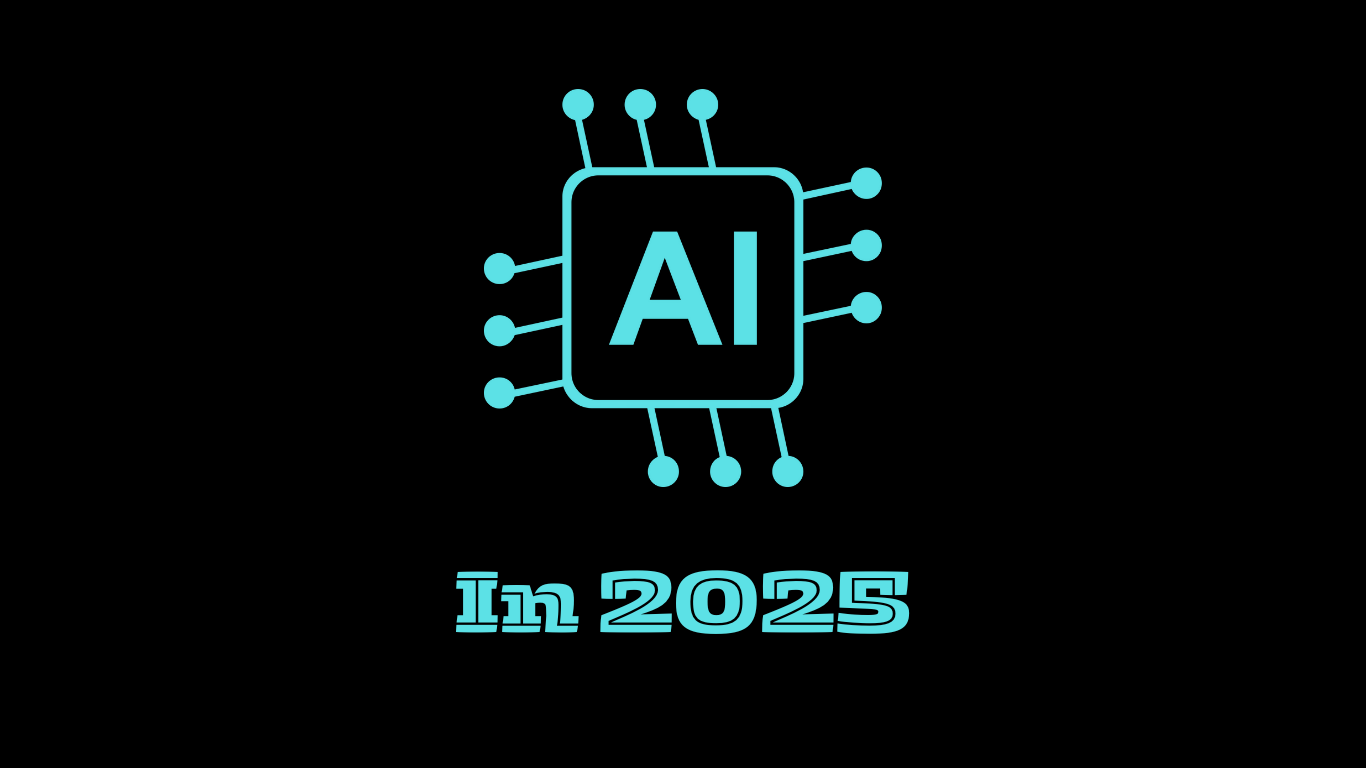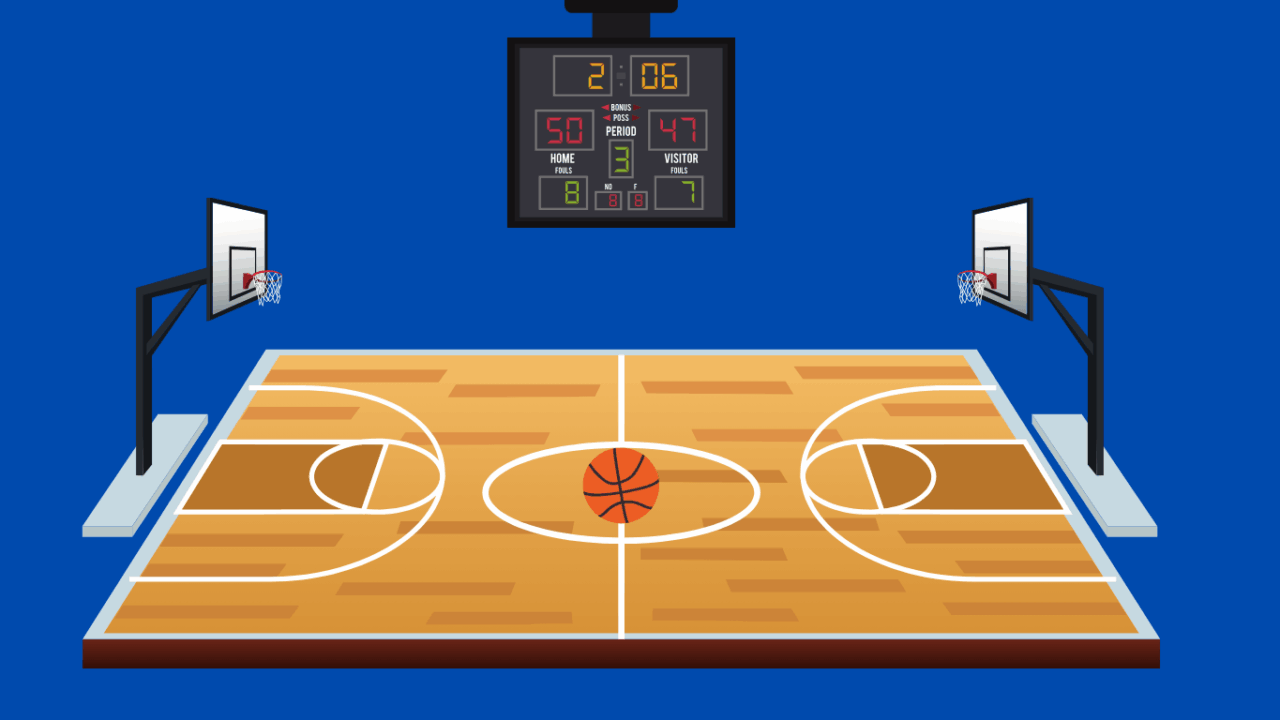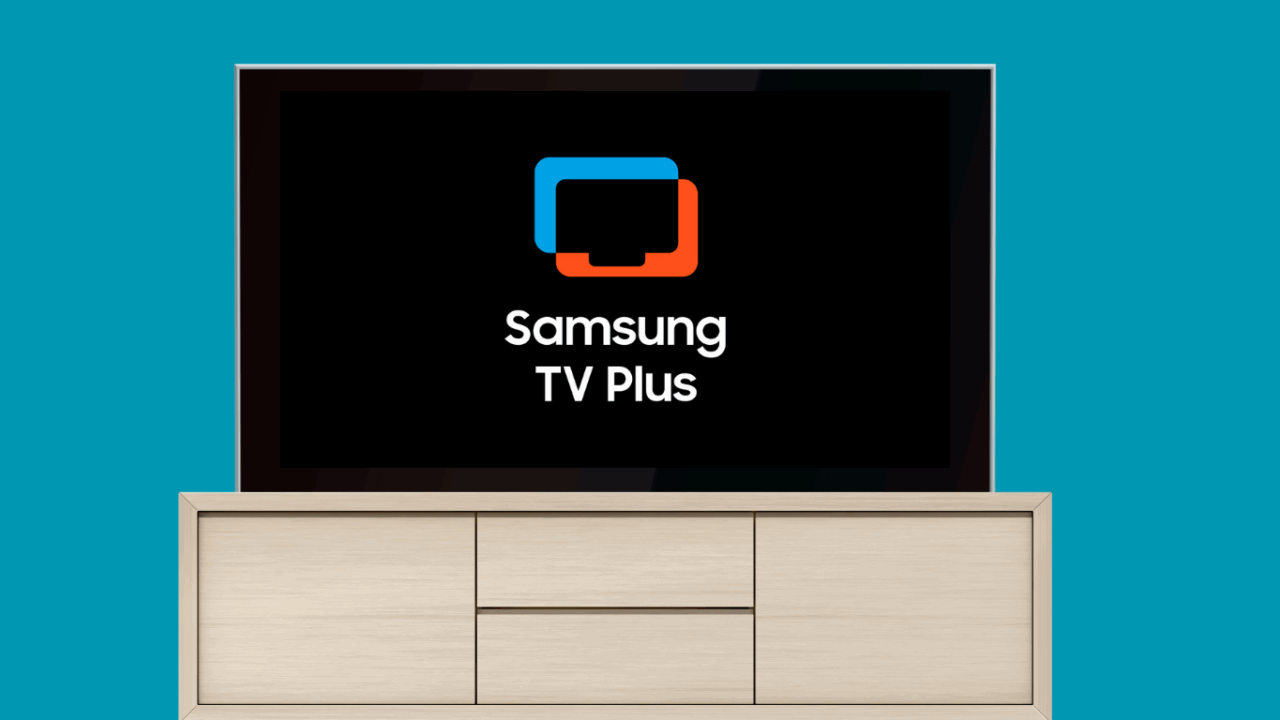AI Predictions for 2025: Insights From Industry Leaders

Artificial intelligence continues to revolutionize how brands communicate with audiences, leading to a transformative growth in marketing and advertising. In sports, entertainment, and digital media, experts predict that AI will revolutionize how they deliver hyper-personalized experiences, improve audience targeting, and streamline campaign optimization by 2025.
AI-driven insights will enable marketers to deliver authentic, dynamic, and immersive experiences to a diverse fan base while utilizing connected TV and programmatic advertising advancements. In contrast to a few years ago when AI was widely viewed as a source of concern, these critics are valid since the misuse of AI could lead to misinformation, misrepresentation, and stolen content.
AI was used in innovative ways across industries this year. Coca-Cola’s “Create Real Magic” contest blended ChatGPT, DALL-E, and iconic ad elements for user-generated art (Lets not count the brand’s holiday ad that was completely generated by AI), and Dior introduced Astra, a generative AI platform for analyzing consumer preferences. A virtual center powered by AI was also launched by the Detroit Pistons for enhanced fan experiences.
As 2025 approaches, marketers share their predictions on what and how AI technology will play a role in marketing in the future.
A digital advertising strategy with AI will be redefined by 2025 thanks to zero-click searches, says Bill Dehlendorf, Director of Performance Media at Coegi. The focus will be on mastering the basics: precise audience targeting, compelling creative to grab attention, seamless experiences on platforms that sustain engagement, and drive action. The key, he argues, is to mitigate traffic declines, foster trust, and maintain strong bonds within increasingly self-contained digital ecosystems.
“The rapid adoption of AI-powered answers and visual search is redefining how consumers interact with digital platforms, shifting the spotlight away from traditional text-based queries,” said Dehlendorf. “To remain visible and deliver strong performance, marketers must double down on audience-focused strategies—leveraging data-driven insights to anticipate intent and deliver hyper-relevant content.”
According to Kyle Davis, Coegi’s Programmatic Operations Manager, 2025 will be the year of Connected TV transformation, fueled by premium platforms like Netflix that integrate programmatic advertising. In addition to offering marketers unparalleled opportunities to reach highly engaged audiences more precisely, this evolution will usher in a time of enhanced brand accessibility.
“As AI tools advance, they will empower marketers to uncover hidden patterns, predict audience behavior, and streamline campaign optimization with unprecedented accuracy,” said Davis. “This evolution promises to eliminate inefficiencies and enable advertisers to focus on what truly matters: creating meaningful connections with their audiences and driving measurable results.”
Despite Gen Z’s interest in AI, their financial means are limited, so AI-driven marketing strategies must be tailored to meet their needs, according to marketers. With fan engagement efforts, brands can build lasting connections with audiences without relying solely on high-budget marketing campaigns.
The CEO of drive21, Warren Godridge, stresses the importance of innovators and disruptors in connecting with younger audiences in a rapidly changing digital world. According to him, younger generations are more inclined to adopt new technologies and approaches, which makes it possible for sports and entertainment to use AI creatively. As Godridge sees it, artificial intelligence can be used to enhance fan engagement and foster meaningful interactions.
Similarly, Chris Roebuck, CEO of Clicktivated, predicts that AI will have a transformative impact on marketing and platforms by 2025, particularly in enhancing tools like video marketing and interactive video content. While AI’s ability to analyze vast data sets can optimize trends and performance, Roebuck emphasizes that its role should complement, not replace, the human touch.
“AI is the way forward, and we as partners and thought leaders in the sports and entertainment world are always looking for ways in which it can be integrated into our professional lives,” said Godridge.
“By 2025, I believe AI will be less of a buzzword and more of a fundamental background tool seamlessly supporting our everyday experiences. Much like we don’t often discuss the coding languages powering our favorite apps, the perception of AI will shift from fascination with the technology itself to an appreciation of the benefits it enables,” said Roebuck.
Behshad Behzadi, Chief Technology Officer and Chief Artificial Intelligence Officer for Sportradar, predicts that by 2025, AI will revolutionize sports marketing through hyper-personalized fan experiences across platforms. He anticipates that AI-driven insights will empower marketers to customize content, offers, and advertisements to individual preferences, enabling highly targeted campaigns that resonate with diverse audiences.
“For brands, AI will improve customer segmentation and retention efforts, offering deeper data on fan behavior and preferences,” said Behzadi. “As AI continues to optimize content delivery and interaction, sports marketers will be able to create more relevant, timely, and immersive experiences, boosting brand affinity and fan loyalty.”
Dustin Engel, CEO & Co-Founder of Elegant Disruption, predicts that by 2025, AI will serve as the backbone of most marketing platforms, evolving from a supporting tool to a primary decision-maker. He envisions AI transforming customer engagement through hyper-personalized journeys and autonomous media buying, fundamentally reshaping how brands connect with audiences.
“By 2025, I think we’ll see a shift toward a more nuanced understanding of AI. The fear-driven narrative will subside as people get used to AI being integrated into their daily lives—everything from customer service to personalized experiences will have an AI layer, and it will feel normal,” said Engel.
In light of OpenAI recently appointing its CMO, Engel envisions AI advancing into a role that will allow it to perform at an unprecedented scale as a creative director, creating ad copy, designs, and video content.





